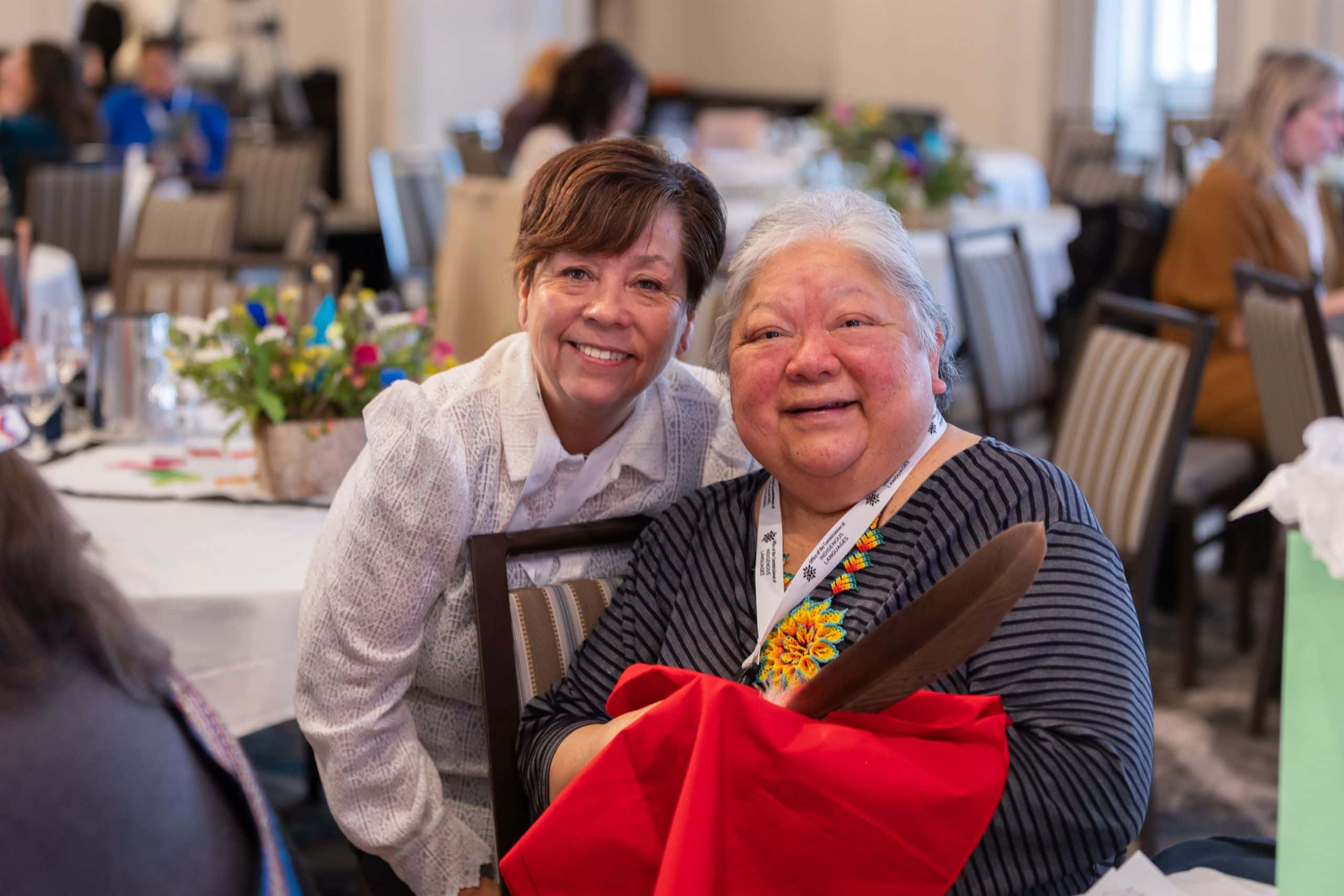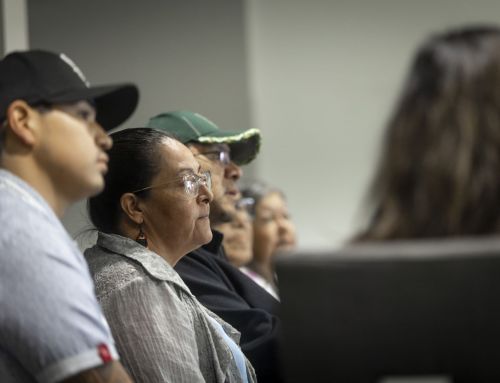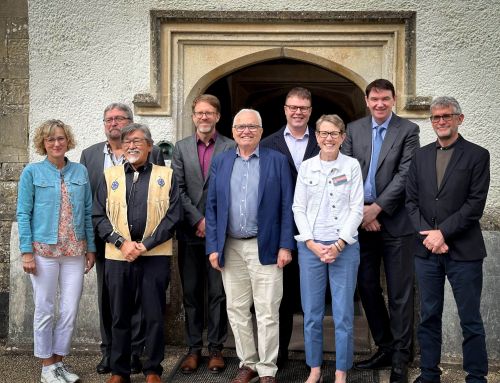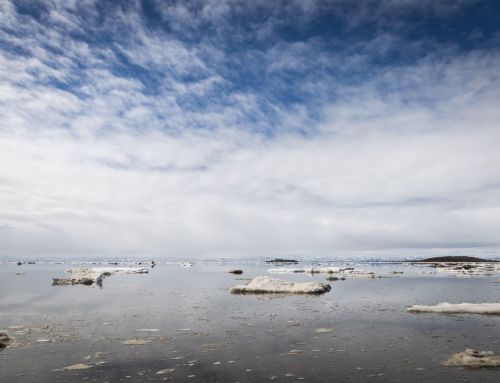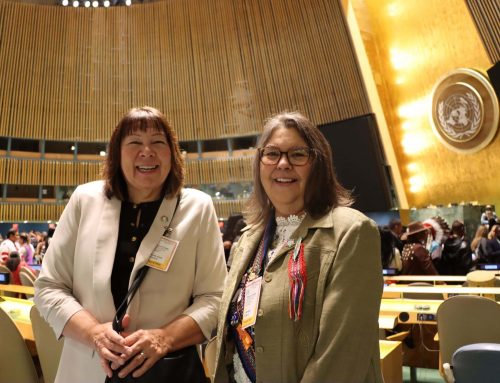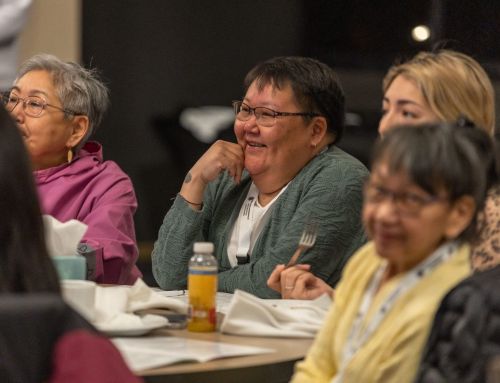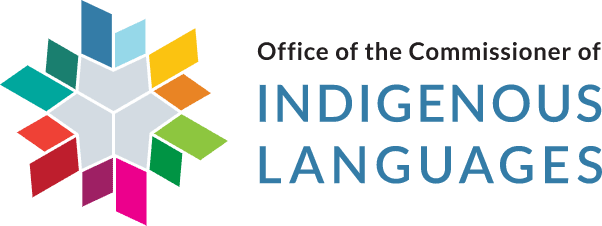First Nations Language Gathering (March 25-26, 2024)
The Office of the Commissioner of Indigenous Languages (OCIL) held the first of many engagement sessions on First Nations Languages, bringing together over 90 participants in Mi’kmaq’ki territory (Halifax, NS). The goal of this gathering was to engage with First Nations language keepers, Elders, and youth to connect, share knowledge, and highlight the importance of preserving and promoting Indigenous languages. This engagement session represented First Nation Mi’gmaq/Mi’kmaq communities from Nova Scotia, New Brunswick and Prince Edward Island.
An evening reception, emceed by Mr. Dion Denny from Eskasoni, kicked off the two-day gathering. Grand Chief of the Mi’kmaq Grand Council Norman Sylliboy offered a prayer and welcomed the participants to their traditional territory. Commissioner Ronald Ign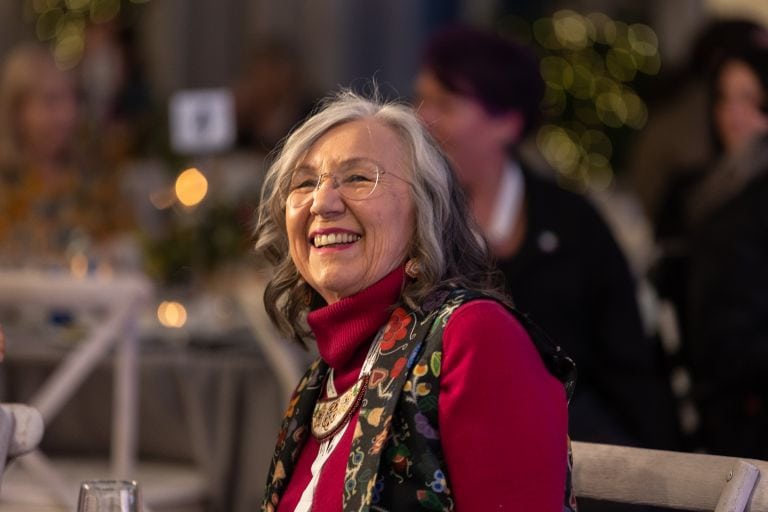 ace welcomed the participants with a keynote address, sharing the journey of the Office of the Commissioner of Indigenous Languages, its mandate and development.
ace welcomed the participants with a keynote address, sharing the journey of the Office of the Commissioner of Indigenous Languages, its mandate and development.
The guests watched moving performances by ko’jua dancers, singers, and drummers. This display of strong cultural pride set the tone for an inspiring event. For the remainder of the evening, attendees visited and shared stories.
The next morning, the guests were greeted and welcomed by Emcee Mr. Dion Denny and Grand Chief Norman Sylliboy. Elders Patsy Paul-Martin and Albert Marshall offered prayers and welcoming remarks. Commissioner Ignace stated that “it is of upmost importance that the work of the Office of Commissioner of Indigenous Languages is grounded in your voice,” reiterating that the purpose of the engagement session was to share information and to listen to feedback from participants.
Director Joan Greyeyes then addressed the participants and introduced keynote speaker, Dr. Lorna Williams, member of the Lil’wat Nation, and trailblazer in Indigenous language revitalization efforts. Dr. Williams spoke about the importance of language and teacher training, the social responsibility of post-secondary institutions , and the incredible work that can be achieved with the energy of young people, combined with the wisdom of Elders. There is incredible power that comes with the work of reclaiming, using, and nurturing Indigenous language, which Dr. Williams put so movingly into words: “community spirit lifts with the use of language.”
Dr. Daniel Brant then provided a presentation focused on the research currently underway on behalf of the OCIL on Indigenous languages and the adequacy of funding. It was noted in his presentation that funding is central to ensuring language programming is consistent and makes a difference in communities; however, managers spend an inordinate amount of time finding money to keep the programs operational. Dr. Brant also called for the amplification of community success stories, which can help inspire other communities in their language work.
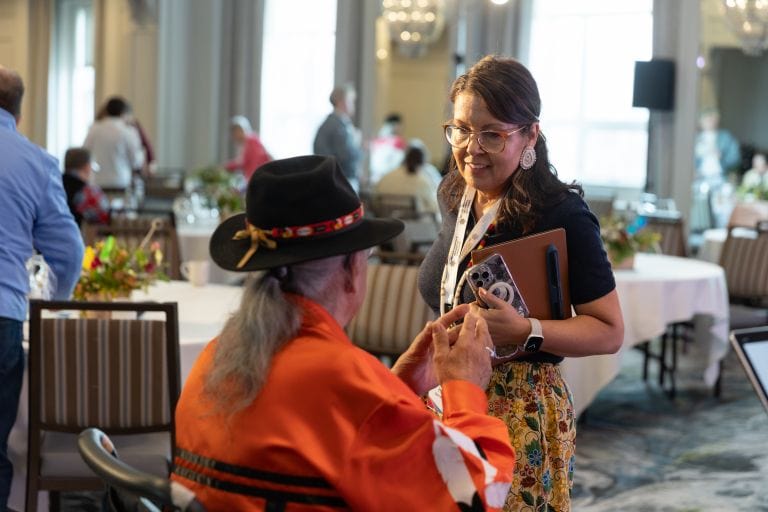
The afternoon comprised of various breakout sessions to hear the perspectives of participants. Several ideas came out of these discussions, including incentivizing learning by providing financial resources to Indigenous language learners, and speakers. Additional resources need to be allocated to producing and creating movies and shows in Indigenous languages; and, taking the children back to the land to learn the language. It was shared that language revitalization requires a multi-faceted approach across an individuals life span, where Indigenous peoples have access in multiple domains, from womb to grave. It was highlighted that, while critically important, language will not be saved in schools alone.
The youth panel discussion was held and moderated by Michelle Marshall-Johnson, Director of Mi’gmaq/Mi’kmaq Language and Culture. Youth panelists (Ainsley Denny, Donovan Johnson, Cole Stevens, and Norelle Stevens) offered their perspectives on Indigenous languages and looking towards the future. They discussed the misconception that learning the language is too hard. They addressed that youth can often be shy to speak the language as many feel ashamed when pronouncing words incorrectly. Music was also recognized as an alternative form of immersion for youth. Donovan, a fluent speaker and learner, shared an impactful statement about the importance of language, saying, “whenever I speak my language, I feel at home”.
The gathering received presentation from Shingai Manjengwa (Artificial Intelligence Education & Data Insights, Fireside Analytics), with a focus on artificial intelligence and Indigenous languages. Manjengwa’s presentation highlighted the importance of Indigenous voices and Intellectual property in the implementation of Artificial Intelligence (AI). The breakout room session focused on important considerations around the role of AI and language revitalization. A key takeaway was that First Nations across the country can use AI as a tool to revitalize Indigenous languages. AI should never replace Elders and lived experience – the spirit of the languages. Concerns were raised about protecting stories and teachings as the use of AI will eventually be difficult to avoid. Overall, there is interest in incorporating AI elements into language work, and participants requested that the Commission provide expertise in the future.
A final panel discussion was held, focusing on teacher training for immersion programs. Moderated by Director Joan Greyeyes, panelists Dr. Lorna Williams and Dr. Kevin wâsakâyâsiw Lewis discussed the importance of language warriors, who keep language work consistent, even with a lack of funding. They also touched on the importance of teachers in maintaining a healthy mind, body, and spirit as part of their work.
The gathering ended with storytelling by Mi’gmaq/Mi’kmaq Elder Albert Marshall, on the two-eyed seeing approach. Elder Patsy Paul-Martin sent participants on a safe journey home with a closing prayer.
